Fitness trackers can be valuable tools for assessing the quality of life and daily functioning of cancer patients during treatment, a new study has found. The trackers, also known as wearable activity monitors, include commercial devices worn on the wrist that log a wearer’s step counts, stairs climbed, calories, heart rate and sleep.
As students of the Medical Field, keeping up to date with trends and discoveries in the medical industry make for a better career and better career advancement opportunities. As we all know, Cancer is a growing concern in our population. Any insight into treatment can prove to be a life saver or lifestyle enhancer.
“One of the challenges in treating patients with advanced cancer is obtaining ongoing, timely, objective data about their physical status during therapy,” said Andrew Hendifar, MD, medical director for pancreatic cancer at the Cedars-Sinai Samuel Oschin Comprehensive Cancer Institute. “After all, patients typically spend most of their time at home or work, not in a clinic, and their health statuses change from day to day.”
Hendifar was the principal investigator and Gillian Gresham, PhD, postdoctoral scientist at the cancer institute, was the first author for the study, which was published online in the journal npj Digital Medicine.
Data Gathered Can Help Assess Cancer Patient Treatment
The study focused on 37 patients undergoing treatment for advanced cancer at Cedars-Sinai. They wore wrist-mounted fitness trackers throughout the study except when showering or swimming. Sets of activity data were collected for three consecutive visits during treatment. After the final clinical visit, patients were followed for six months to gather additional clinical and survival outcomes.
Investigators then compared data from the trackers with patients’ assessments of their own symptoms, including pain, fatigue and sleep quality, as collected from a National Institutes of Health questionnaire. These data sets also were compared with two common scales used to gauge physical status and overall health: the Eastern Cooperative Oncology Group Performance Status (ECOG) and Karnofsky Performance Status (KPS) scales.
Results suggested that objective data collected from wearable activity monitors can supplement and enhance current assessments of health status and physical function, which are limited by their subjectivity and potential for bias, Gresham said. In the study, increased daily step and stair activity correlated with more positive ratings of a patient’s condition on the provider surveys and lower rates of adverse events and hospitalization.
“Data gathered through advancements in technology has the potential to help physicians measure the impact of a particular treatment on a patient’s daily functioning,” Gresham said. “Furthermore, continuous activity monitoring may help predict and monitor treatment complications and allow for more timely and appropriate interventions.”
As a next step, investigators plan to study long-term use of the monitors in a larger, more diverse group of advanced cancer patients and correlate that data with clinical and self-reported outcomes. “Our hope is that findings from future studies with wearable activity monitors could lead to development of individualized treatment and exercise plans that may result in increased treatment tolerability and improved survival outcomes for patients,” Hendifar said.
“We are at the beginning of a revolution in healthcare in which digital wearables, coupled with broadband telecommunication, will allow remote monitoring of cancer patients and anticipate the need for intervention before symptoms occur,” said Dan Theodorescu, MD, PhD, director of the cancer institute. “This type of work has the potential to tailor our standard follow-up regimens for cancer to each patient, offering truly ‘precision follow-up’ that is better for patients, providers and society.”
For more information about the information above, please visit ScienceDaily
Interested in a career in Health Care or building a better career in the medical field? Speak to one of our admissions reps today at Mandl School, The College of Allied Health. Call 212-247-3434 anytime.
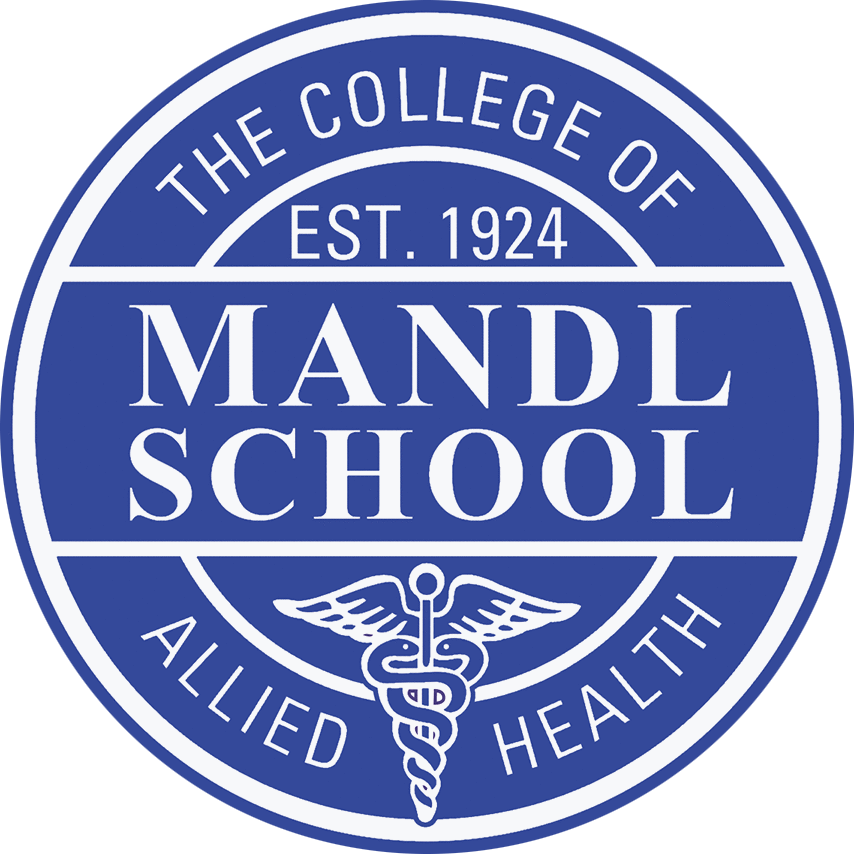 Mandl School
Mandl School



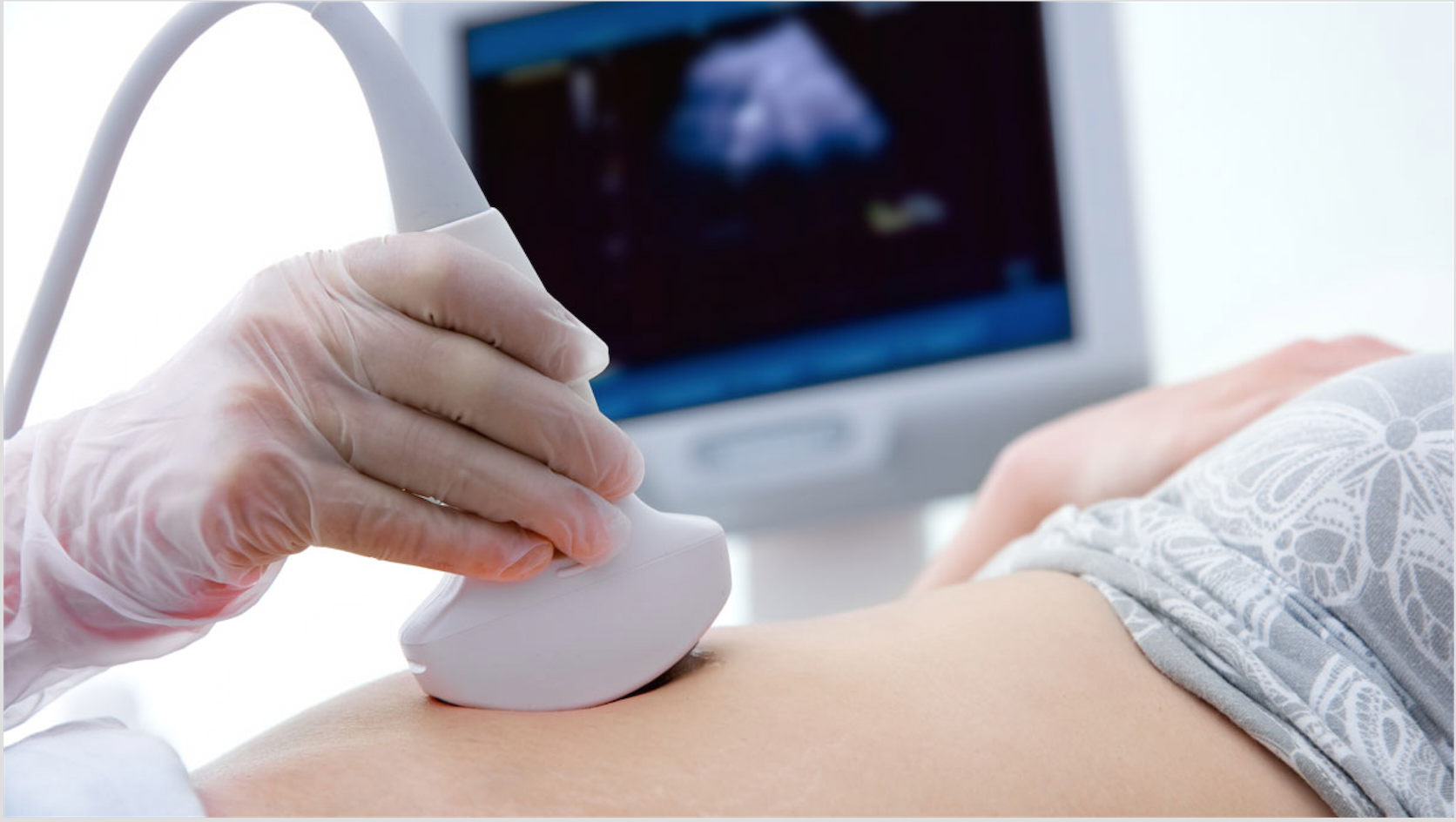
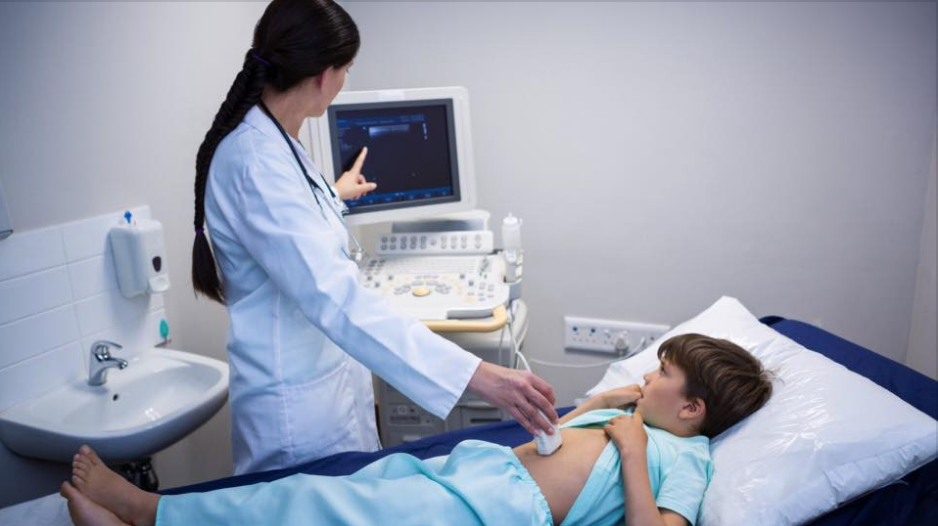
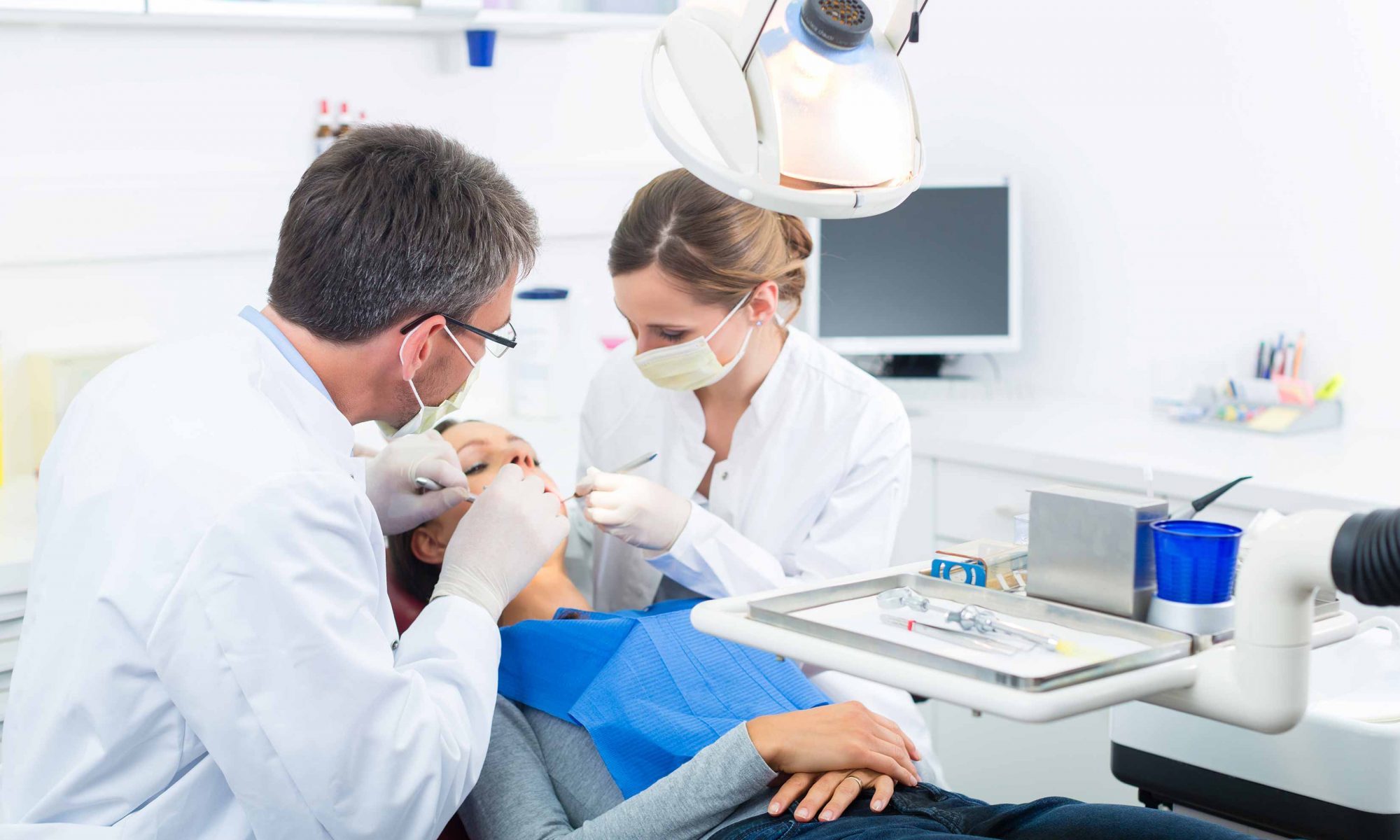
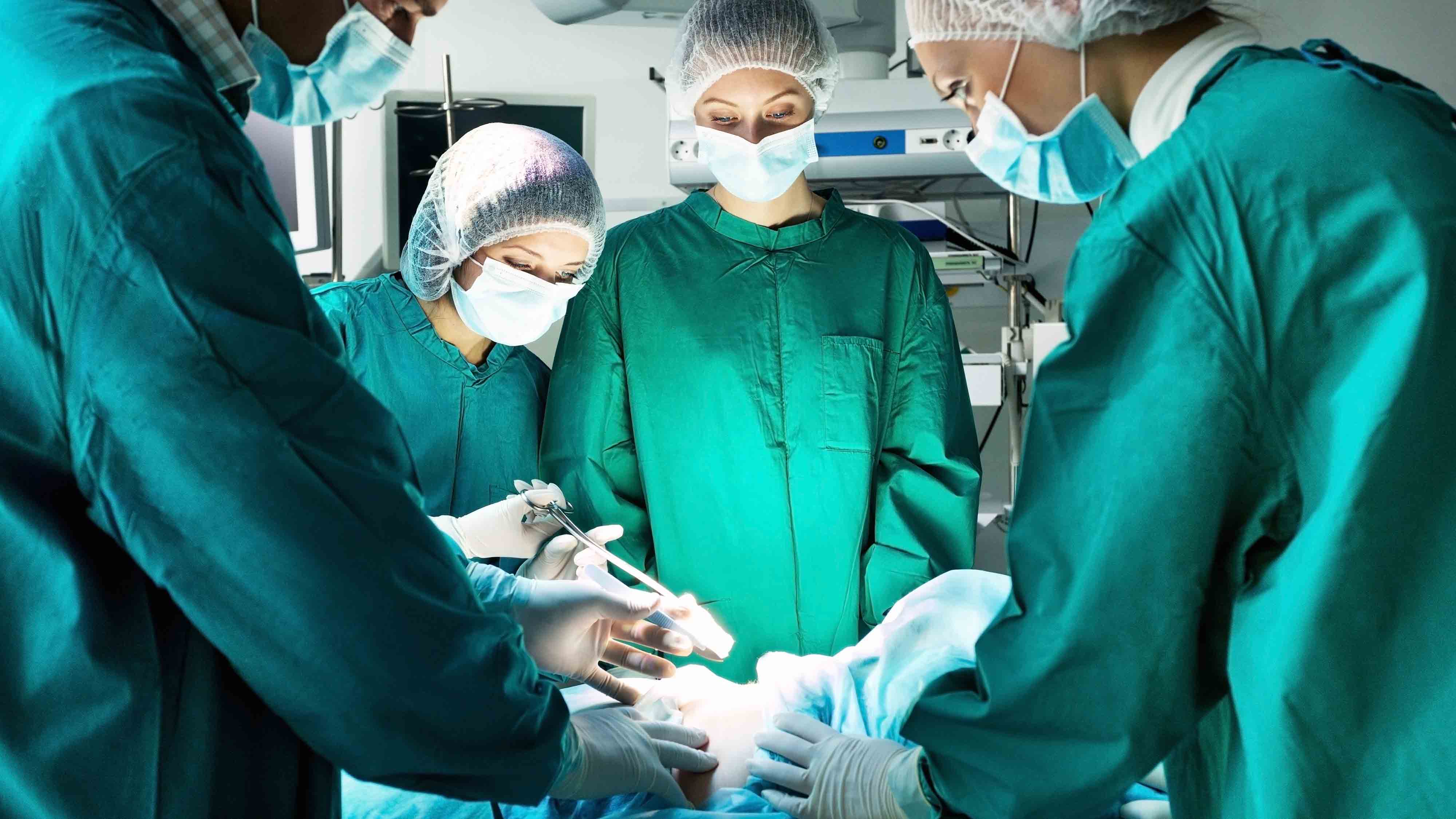 Whether you currently work in the health care industry as a provider, as a manager, an administrator, or you are simply a prospective student looking for a career in health care, there are an abundance of opportunities that await you within this industry. In fact, the
Whether you currently work in the health care industry as a provider, as a manager, an administrator, or you are simply a prospective student looking for a career in health care, there are an abundance of opportunities that await you within this industry. In fact, the  According to the
According to the